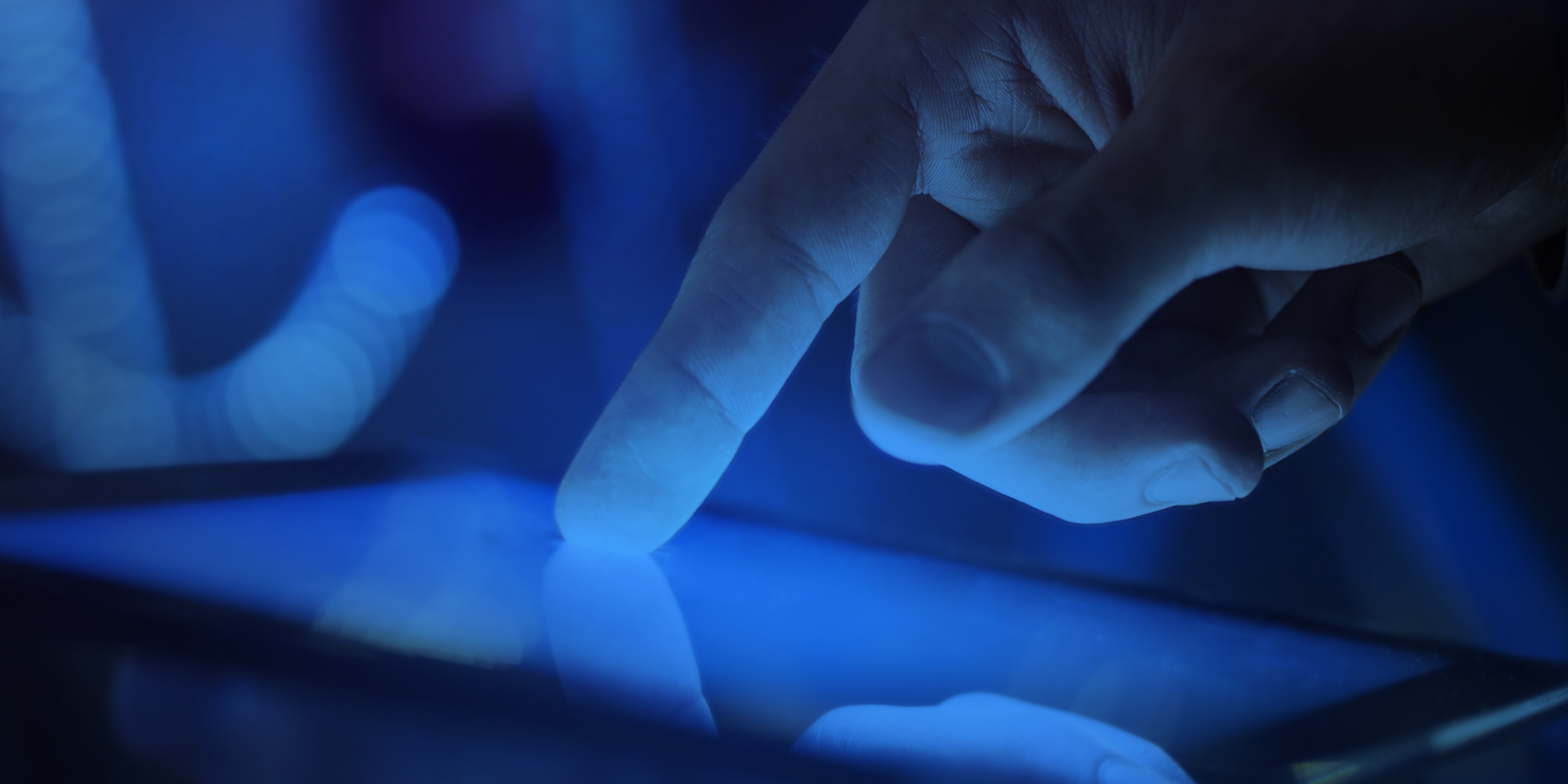Its no surprise that light plays a vital role in all life on the planet. Plants use it to respirate and create energy and most animals utilize the light from the sun to dictate their habits and lives. In recent years, us humans have found ourselves exposing ourselves to more and more light from our various technologies. However, the popularization and around the clock exposure to artificial light, especially the Blue light emitted from LED's found in most smart phones and computers, have been found to adversely affect the health and circadian rhythms of many people with high exposure to this harmful light.
Artificial Light has been linked to such adverse effects such as a damaged sleep schedule with potential links to the causation of cancer, obesity, and diabetes. A study showed that when people were put on a schedule that gradually shifted their circadian rhythms, their levels of blood sugar increased and levels of leptin decreased. Both changes could potentially lead to a pre diabetic state with exposure to other adverse effects as well.
The body's Circadian Rhythm is what is observed to regulate most innate functions and secretions within the body, and average to oscillate on a roughly 24 hour basis. This reflects the natural exposure to sunlight and the pattern of melatonin secretion which aligns ones internal clock with their environment. Exposure to any light can disrupt or alter circadian rhythms, but Blue light in particular has shown to have the most harmful effects. In a separate study, researchers compared a group of people exposed to blue light for 6.5 hours, and another group only exposed to green light for the same length of time. The study concluded that the group exposed to the blue light showed suppressed melatonin secretion for twice as long as the green light group and shifted their circadian rhythms by 3 hours as opposed to the green lights 1.5 hours. This suppression of melatonin, throws off the bodies natural sleep cycle and can easily lead to sleep deprivation if persisted.
https://www.health.harvard.edu/staying-healthy/blue-light-has-a-dark-side
Derek Simoncelli (3)
Wednesday, February 28, 2018
Subscribe to:
Post Comments (Atom)

I always find myself on my phone right before bed, which I know is not good for you. I never knew the science behind it with the circadian rhythm! Knowing now that blue light can shift your sleeping schedule and such, I might try to stay off my phone before bed and see how my sleep changes.
ReplyDelete-- Hannah Kullberg (2)
I was also surprised by the shifting Circadian Rhythms, but I guess it explains why I have trouble falling asleep on nights where I have spent hours studying on my computer. I will also try to adjust my screentime before bed to see how my sleep quality changes.
Delete--Derek Simoncelli
Not only is the blue light harmful to your circadian rhythm, but exposing yourself to the blue light in specific places alters your brain's associations as well. A while back I read an article about the effects of using your phone specifically in bed. Your brain begins to associate your bed with being awake and using technology, and over time stops associating your bed with sleeping, leading to insomnia.
ReplyDelete-Natasha Dalton (1)
Technology can definitely have downsides. When I really think about how much time I spend working on my computer it is kind of baffling. And as much as I dislike the idea of ruining my sleep like that, it is very difficult when you consider the fact that most work is done online now and there isn't much we can do to change that. Maybe academics will begin to return back to physical media at some point? I wonder what studies and negative results it would take in order for that to happen.
ReplyDeleteHarris Jackson (1)
I agree with the idea that students require extended amount of screen time to successful in school. Some studies indicate that college students spend upwards of 12 hours a day interacting with some sort of technology, with many of those hours needed to study for classes on their computers.
Deletehttps://www.marketingcharts.com/television-11195
--Derek Simoncelli (3)
Is it possible to make electronics without blue light? I know that there is a feature on the iPhone to turn off blue light called night shift. However, this feature seems to use too much battery. Experts do advise to turn off all electronics at least one hour prior before going to bed.
ReplyDeletePosted by Sarah Kamukala
As someone with a severely lacking sleep schedule, this article is something I've researched a time or two myself. There is a huge amount of truth behind this, so much so that computers now come with a 'night light' setting where the blue hue is turned off and only the lower end of the spectrum (mainly red) is left on. It's allowed me to work in darker environments without hurting my eyes, as well as go to bed at a more regular time daily.
ReplyDelete-Colby Ells (1)